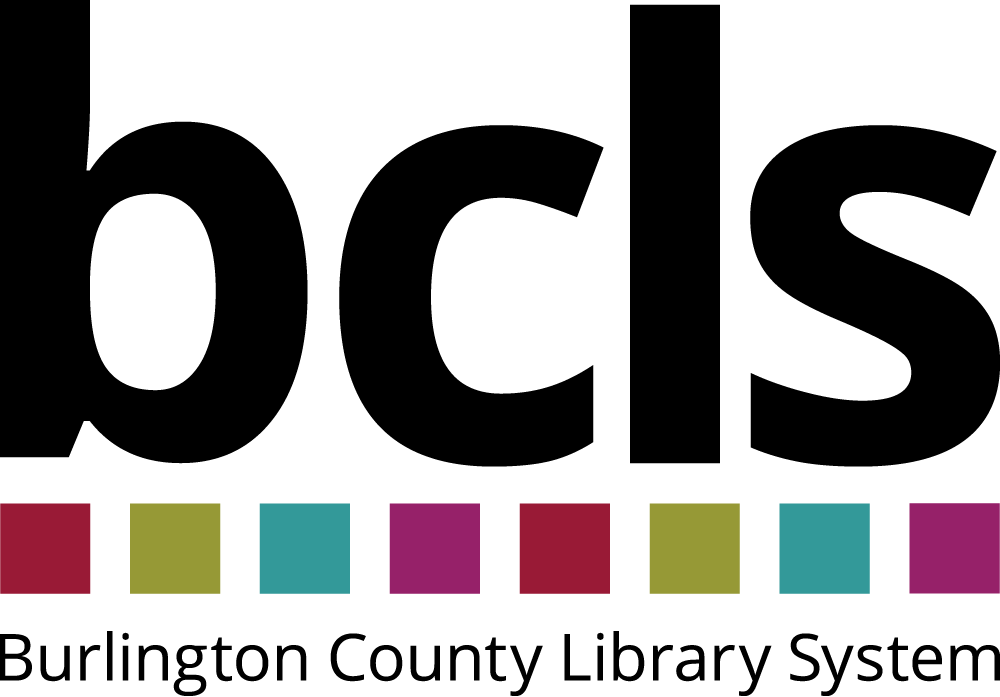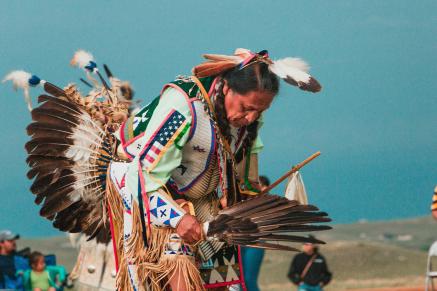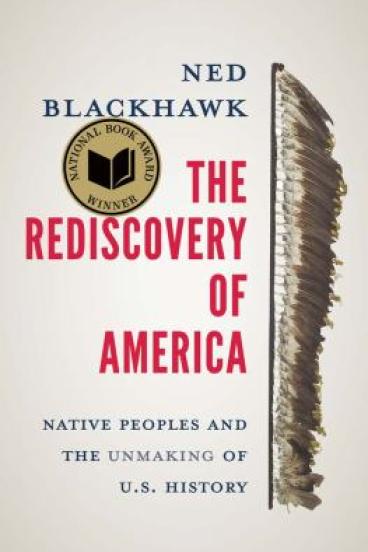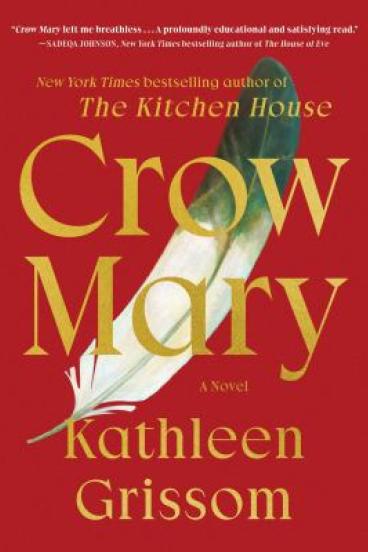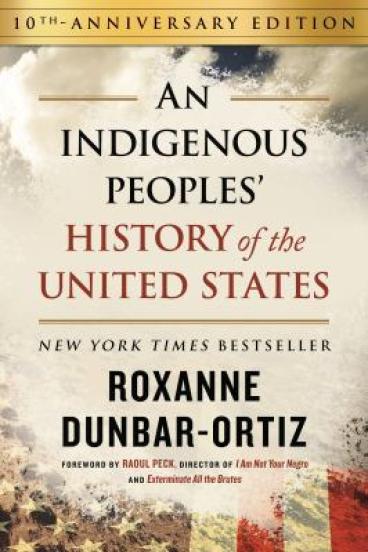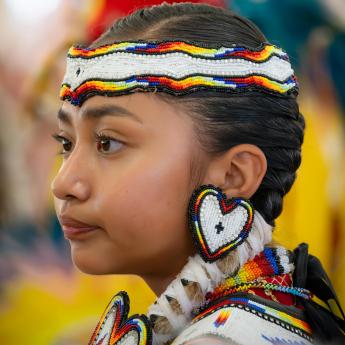An Indigenous Peoples' History of the United States by Roxanne Dunbar-Ortiz
Today there are more than 500 federally recognized Indigenous nations comprising nearly three million people, descendants of the 15 million Native people who once inhabited this land. The centuries-long genocidal program of the US settler-colonial power has largely been omitted from history. An acclaimed historian and activist, the author offers a history of the United States told from the perspective of Indigenous peoples.
Braiding Sweetgrass by Robin Wall Kimmerer
This book is a homage to Mother Earth. The author, a member of the Citizen Potawatomi Nation, shares knowledge of the plant and animal kingdoms to awaken a wider ecological consciousness. Only then can humanity understand the deep reciprocal relationship that exists between humans and nature.
Killers of the Flower Moon: The Osage Murder and the Birth of the FBI by David Grann
This book is based on a true story of the 1920s serial murders of members of the Osage Nation in Oklahoma. The brutal crimes were over oil on Osage lands. The investigation was conducted with the birth of the newly created FBI under its director J. Edgar Hoover. The story exposes one of the most chilling mass murder conspiracies in American History. (Large Print)
Crow Mary by Kathleen Grissom
Set in 1872, this novel is about a 16-year-old Crow Native woman who marries a white fur trader. The story moves across beautiful landscapes, into relationships between Indigenous Nations and the white settlers, and intimacies of marriage and friendship.
Black Elk Speaks: Being the Life Story of a Holy Man of the Oglala Sioux by Black Elk and John G. Neihardt
Neihardt met Black Elk, an Oglala Lakota visionary and healer, on the Pine Ridge Reservation in South Dakota in 1930 and was asked to share his inspirational message with the world. A distinguished poet writer and critic, Neihardt beautifully conveyed Black Elk's experiences and visions of unity among humans and the Earth. This is a powerful and moving message for all humankind.
Buffalo Nation: The Children are Crying – DVD
Told by the Lakota Sioux People who were forced to live on a “reservation,” this documentary shows the displacement, neglect, deprivation and abolishment of traditional beliefs, language and culture the Indigenous Nations had to endure.
The Rediscovery of America: Native Peoples and the Unmaking of U.S. History by Ned Blackhawk
According to the author, American history has mostly focused on Europeans and their descendants. This long practice of ignoring Indigenous Nations is now changing with this retelling of U.S. history. The author interweaves five centuries of Native and non‑Native histories, from Spanish colonial exploration to the rise of Native American self-determination in the late twentieth century.
Indigenous Continent: The Epic Contest for North America by Pekka Hämäläinen
A Rhodes Professor of American History and Fellow of St. Catherine’s College at Oxford University, the author brings to light a shifting perspective from the long-accepted stories of who discovered America. He argues that Native nations members, far from helpless victims of colonial violence, actually dominated the continent for centuries after the first European arrivals.
When the Light of the World was Subdued, Our Songs Came Through: A Norton Anthology of Native Nations Poetry edited by Joy Harjo – available on Libby
This collection of native poetry from 160 poets, compiled by the U.S. poet laureate, represents nearly 100 indigenous nations. It is a celebration of Indigenous Peoples of North America, the first poets of this country.
Lakota Nation vs. United States – Kanopy film
This powerful documentary explores the historical and ongoing struggle of the Lakota Sioux to reclaim the Black Hills, a sacred land taken by the U.S. government. It highlights the resilience and activism of the Lakota people in their fight for sovereignty, cultural preservation and the acknowledgment of historical injustices.
